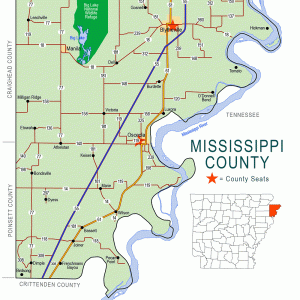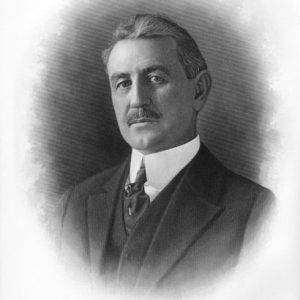calsfoundation@cals.org
Victoria (Mississippi County)
| Latitude and Longitude: | 35°45’24″N 090°03’21″W |
| Elevation: | 233 feet |
| Area: | 0.32 square miles (2020 Census) |
| Population: | 20 (2020 Census) |
| Incorporation Date: | February 24, 1966 |
Historical Population as per the U.S. Census:
|
1810 |
1820 |
1830 |
1840 |
1850 |
1860 |
1870 |
1880 |
1890 |
1900 |
|
– |
– |
– |
– |
– |
– |
– |
– |
– |
– |
|
1910 |
1920 |
1930 |
1940 |
1950 |
1960 |
1970 |
1980 |
1990 |
2000 |
|
– |
– |
– |
– |
– |
– |
198 |
175 |
110 |
59 |
|
2010 |
2020 |
|
|
|
|
|
|
|
|
|
37 |
20 |
|
|
|
|
|
|
|
|
Victoria is a town in Mississippi County, located on Arkansas Highway 158 about three miles west of Interstate 55. Although it was founded in the late nineteenth century by Robert E. Lee Wilson as part of his plantation empire, which also included Marie, Wilson, and Armorel. Victoria did not incorporate until 1966 and has since steadily declined in size.
Wilson earned a fortune in the late nineteenth and early twentieth centuries, acquiring and developing land that other people considered worthless. In 1870, he inherited 400 acres of Mississippi County land from his father. In the following years, he purchased more land, eventually owning roughly 50,000 acres. Wilson harvested the valuable hardwood trees from this swampland and constructed his own rail line to bring the wood to market. He then drained the land and brought in sharecroppers to plant cotton, corn, and alfalfa. Wilson established several communities to support the lumber workers and the farmers. Stores, schools, and even churches were built and essentially owned by Wilson and by his family.
The community of Victoria was named for Wilson’s sister. Wilson also had a daughter named Victoria; she married Frank Wesson, an heir of the firearms manufacturer. Meanwhile, the settlement of Victoria continued to thrive as part of the Wilson family operation. White and African American farmers both lived in the area and worked on the farms. Later, Mexican workers were also brought in to work on the farms. Like other agricultural communities in Arkansas, Victoria was threatened by the Flood of 1927 and endured the Depression that followed. Managers of the family business began to replace workers with machines, leading to a decline in population. During World War II, a prisoner-of-war (POW) camp operated near Victoria, providing replacement farm labor to compensate for the American men serving overseas in the armed forces.
Strife within the Wilson family during this same time period resulted in a division of the land. Following a long-running dispute with manager Jim Crain, Victoria Wesson’s family laid claim to about 7,800 acres of farmland in the area of Victoria in 1948. The land is still owned and operated by Wesson Farms Inc., which has administrative offices in Osceola (Mississippi County). Meanwhile, in order to acquire the benefit of city services such as a water and sewer system and locally managed police protection, the residents of Victoria chose to incorporate as a town in 1966.
Since its incorporation, the town of Victoria has steadily declined. Though nearly 200 citizens were counted in the 1970 census, the population had fallen to thirty-seven; of those, thirty-five residents of Victoria were white and two were Hispanic. By 2020, the census counted only twenty residents. The town has no businesses, churches, or schools. The area is served by the Osceola school system.
For additional information:
Waldon, George. “Wilson Family Legacy Remains through Wesson Farms.” Arkansas Business, July 11, 2011, p. 17.
Whayne, Jeannie. Delta Empire: Lee Wilson and the Transformation of Agriculture in the New South. Baton Rouge: Louisiana State University Press, 2011.
Steven Teske
Butler Center for Arkansas Studies
 Mississippi County Map
Mississippi County Map  Lee Wilson
Lee Wilson 




Comments
No comments on this entry yet.